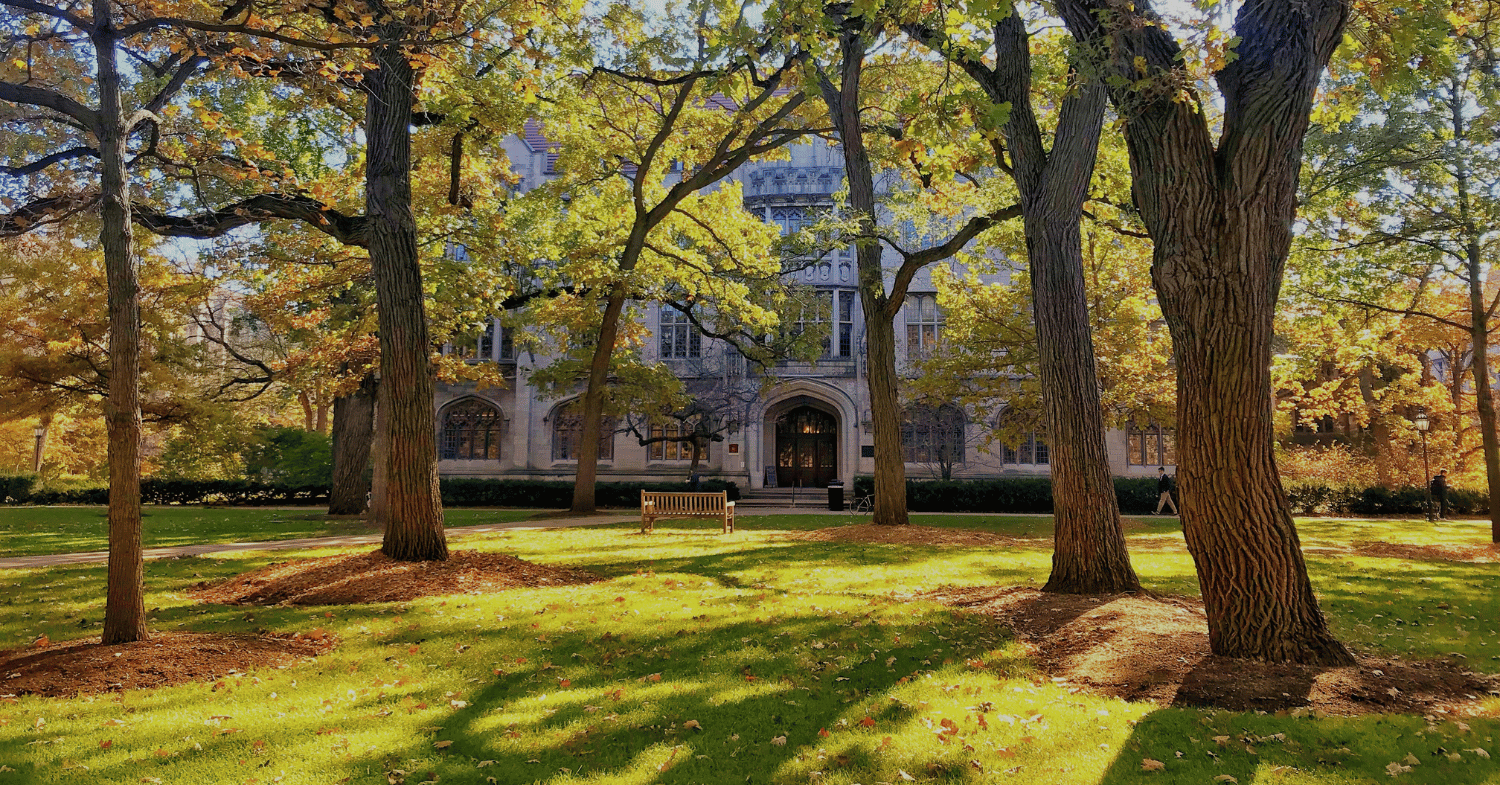Demystifying the US College Admissions Process: A holistic guide for applicants
Applying to college can be a really nerve-wracking process, especially with how competitive some courses at top universities can be. However, if you understand the criteria that admissions officers use to evaluate applications, this can help you present yourself in the best possible light and give you a better chance of getting in. In this guide, we’ll go through the main things that admissions officers usually think about in their evaluations and provide you with lots of actionable tips that will help you create a stronger application.
The main parts of college applications
You probably already have a good understanding of these, but to restate them, most colleges evaluate similar things, including:
- GPA
- School courses
- Standardised test scores
- Extracurricular activities
- Recommendation letters
- Essays and personal statements
- Interviews
Understanding the holistic review process
Many colleges in the US use what’s called a ‘holistic’ approach, which means they consider a wide variety of factors when evaluating a student’s application rather than just relying on grades. Whilst academic performance is obviously extremely important, admissions officers also want students who will contribute to campus life: for example, by taking part in clubs and societies. Each part of the application listed above is an opportunity to show the admissions officers you’re not only a great student, but an active, well-rounded person, too.
Academic performance: GPA and coursework
Strong academic performance is of course a crucial aspect of any college application. Like we said in the previous section, it’s not the be-all and end-all, but without it, you might not have much of a chance of getting into a competitive college.
Admissions officers use both GPA and coursework to gauge academic performance. But how good do your grades really need to be? Well, that depends. Many colleges publish the average GPA and standardised test scores of students they’ve admitted in the past, which can give you a good idea as to what sort of averages you need to be hitting.
Obviously, the better your grades, the more chance you’ll have of getting in. You may notice, however, that some students are still admitted with fairly low GPAs. This could be due to some kind of extenuating circumstances, or it might be that these students had other exceptional components to their application. Whatever the case may be, you simply need to focus on maximising every aspect of your application.
It’s also important to note that for many students, GPA might not tell the whole story. If you’re someone who’s done extra challenging courses or assignments, that can show admissions officers you’ve gone above and beyond your school curriculum. And needless to say, that sort of thing will look very good on your application.
Standardised test scores
In recent years, more and more colleges have been making standardised tests optional, allowing students to decide for themselves if they want to submit their SAT or ACT scores with the rest of their application. But what’s the best strategy here?
Well, if you excel when it comes to standardised testing, submitting excellent scores can only boost your chances of getting in. Despite the test-optional policies of many colleges, a high percentage of successful applicants do still submit standardised test scores. Some highly competitive schools report that 80-85% of successful applicants include SAT or ACT scores in their application.
However, if you’re a person who struggles with standardised testing but still excels in other areas, you might consider leaving out your SAT or ACT score. For example, at Ivy League colleges, median SAT scores usually range from 1460-1570, whilst average ACT scores hover between 33-35. If you’re averaging significantly lower than this in your practice tests, it might be better not to include this and focus on enhancing the other aspects of your application.
Personal statements and supplemental essays
The personal statement and supplemental essays are where you can really give a great impression of yourself as a person. These essays are an opportunity to show off your personality, values and goals–qualities that don’t always shine through in other aspects of the application.
Admissions officers like personal statements and essays that reflect a genuine sense of your personality, so try to be as authentic as possible. You don’t need to show off any massive achievements or make out that you’re going to be the next President of the United States. Just try to communicate your interests and tell them how your values align with that of the college you’re applying to.
Extracurricular activities
Extracurricular activities show admissions officers how you like to spend your free time, giving them an insight into what you’re really passionate about, as well as how you would contribute to campus life.
A common misconception here is that students need to participate in lots of activities in order to appear well-rounded. This isn’t true: admissions officers are more interested in seeing depth, by which I mean long-term, meaningful involvement in a small handful of activities. It’s better to show you’re really invested in one activity, rather than being superficially involved in five or six.
And when you write about your extracurriculars, focus on the areas where you’ve made a real contribution and grown as a person. What have your extracurricular activities taught you? Be specific and use examples when describing these things to give more substance to your writing.
Letters of recommendation
Letters of recommendation provide external perspectives on your character, work ethic and potential, so choose them wisely. Select teachers or other people who know you well and will give a great account of your personality and strengths as a student.
After you’ve asked people to write recommendation letters for you, help them by talking them through your specific goals. It’s also a great idea to give them a detailed list of all the things you’ve achieved during your time at school. That’ll make it easier for them to highlight your strengths and achievements.
Keep in mind that to get great letters of recommendation, you need to cultivate great relationships with the people around you!
Showing interest and fit
Some colleges, especially smaller, more selective ones, want students to show an interest in their specific institution. This means they want to understand whether you’ll fit into and benefit their community. But how can you go about doing this?
Some ways to demonstrate interest in a particular college include attending online or offline events, reaching out to academics, researching specific courses, attending summer schools, and other things of that nature.
You can also express your enthusiasm for a particular college through your personal statement or supplemental essays. Think about specific things to do with that college that resonate with your personality, values or goals. You can also talk about particular courses you’re interested in here as well.
Diversity
Colleges value diversity in their communities highly, as students who bring unique cultural or personal experiences can really enrich campus life. So whenever you can, don’t be afraid to talk about parts of your background that have given you a different experience of, or perspective on, something. This might be through an essay or a personal statement.
And remember: diversity is not just about demographics (i.e. race, ethnicity). Diversity can also mean differences in thought, opinion, experience, interest, philosophy, and many other things. Try to let your unique background and experiences shine through in your application, as this can only benefit you.
Conclusion
To conclude, US college admissions are highly competitie, but by understanding the different elements of the holistic approach admissions officers use, you can maximise your chances of getting in. Every single element discussed in this guide is important, so try to make the most of all of them!
For students seeking additional support, A-List’s University Advising service provides tailored guidance to help you develop the strongest application possible. Our advisors work closely with students to identify colleges that fit their unique profiles and highlight their strengths in every part of the application, maximising their chances of acceptance.



